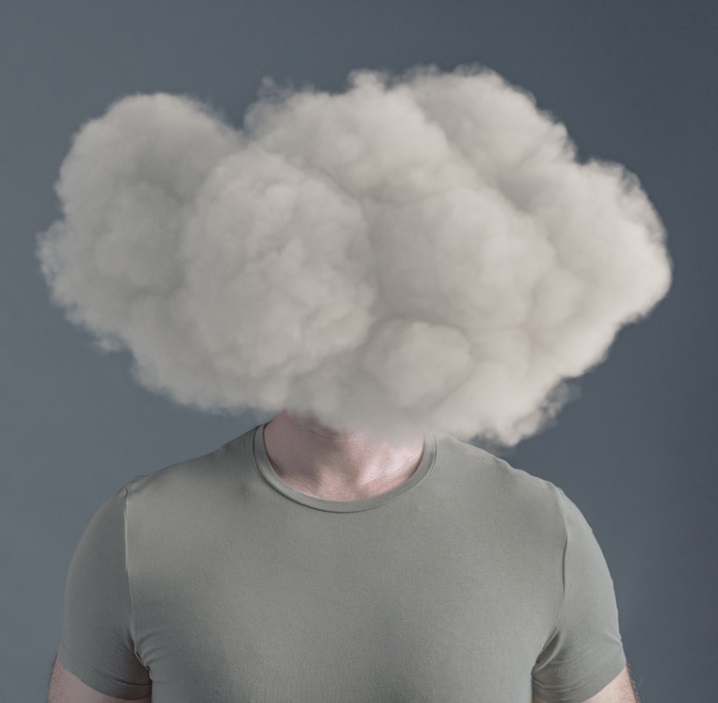The state of Michigan joined a number of states that legalized the use of recreational marijuana in December 2018. With Michigan legalizing recreational marijuana, comes the terms of teenagers being able to get their hands on it easier. At WHS alone, the use of marijuana has skyrocketed and has almost tripled in the past 5 years. The effects of short and long-term use of marijuana are not talked about much, more or less the components in tetrahydrocannabinol also known as THC, and what it does to teenagers who still are going through brain development.
To start, the short-term effects of marijuana can include, altered senses, altered sense of time, changes in mood, impaired body movements, difficulty with thinking and problem-solving, impaired memory, hallucinations, delusions, and psychosis. Delusions and psychosis depend on how much you ingest or smoke. Everyone’s tolerance is different which is affected by height, weight, and gender.
Moving on to the long-term effects of marijuana can switch into 2 different categories: mental effects and physical effects. The long-term mental effects of daily marijuana use include temporary hallucinations, temporary paranoia, and possible development of a mental illness such as schizophrenia. The physical effects of long-term usage of marijuana are breathing problems, increased heart rate, intense nausea and vomiting, and problems with child development during and after pregnancy.
More information about the short and long-term effects of marijuana use is available at the National Institute of Drug Abuse.
There are many ways to use marijuana such as ingested, or ingested as a drink. If marijuana is not smoked, the effects are the same and could potentially be stronger. The effect of cannabis is stronger when ingesting THC through a food source such as a cookie or gummy because the drug enters the bloodstream directly through the stomach rather than the liver.
When inhaling THC such as smoking rolled-up marijuana or smoking a THC pen, the effects are almost immediate due to the THC going straight to your bloodstream rather than to your brain. The effects of marijuana do not wear off for around 6 hours for smoking marijuana and 12 hours for ingesting marijuana. This is an issue for teens who will smoke or eat THC while at school and then drive home. Their driving, senses, and even reactions are all delayed and affected due to
the THC even if they were to hit something early in the morning. According to CNN, from 2018-2021 alone the number of marijuana traffic-related accidents that required treatment in an emergency room rose 475%, the number has only been rising since.
Just in the U.S. alone, 112,100 people died due to drug abuse, If you or a loved one is struggling with addiction not just from marijuana but possibly other drugs, you can call 1-800-662-4357, or visit SAMHSA’s website linked here. There are multiple ways to get help. Take action now and reach out.










